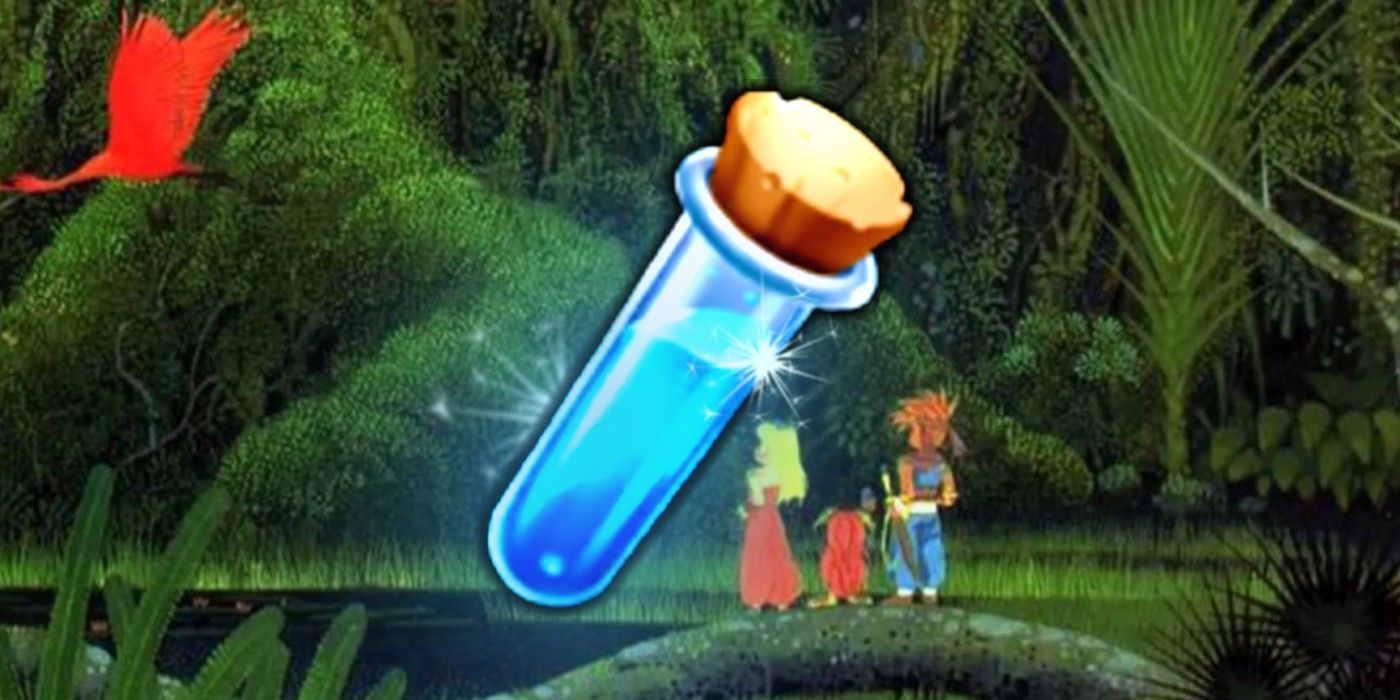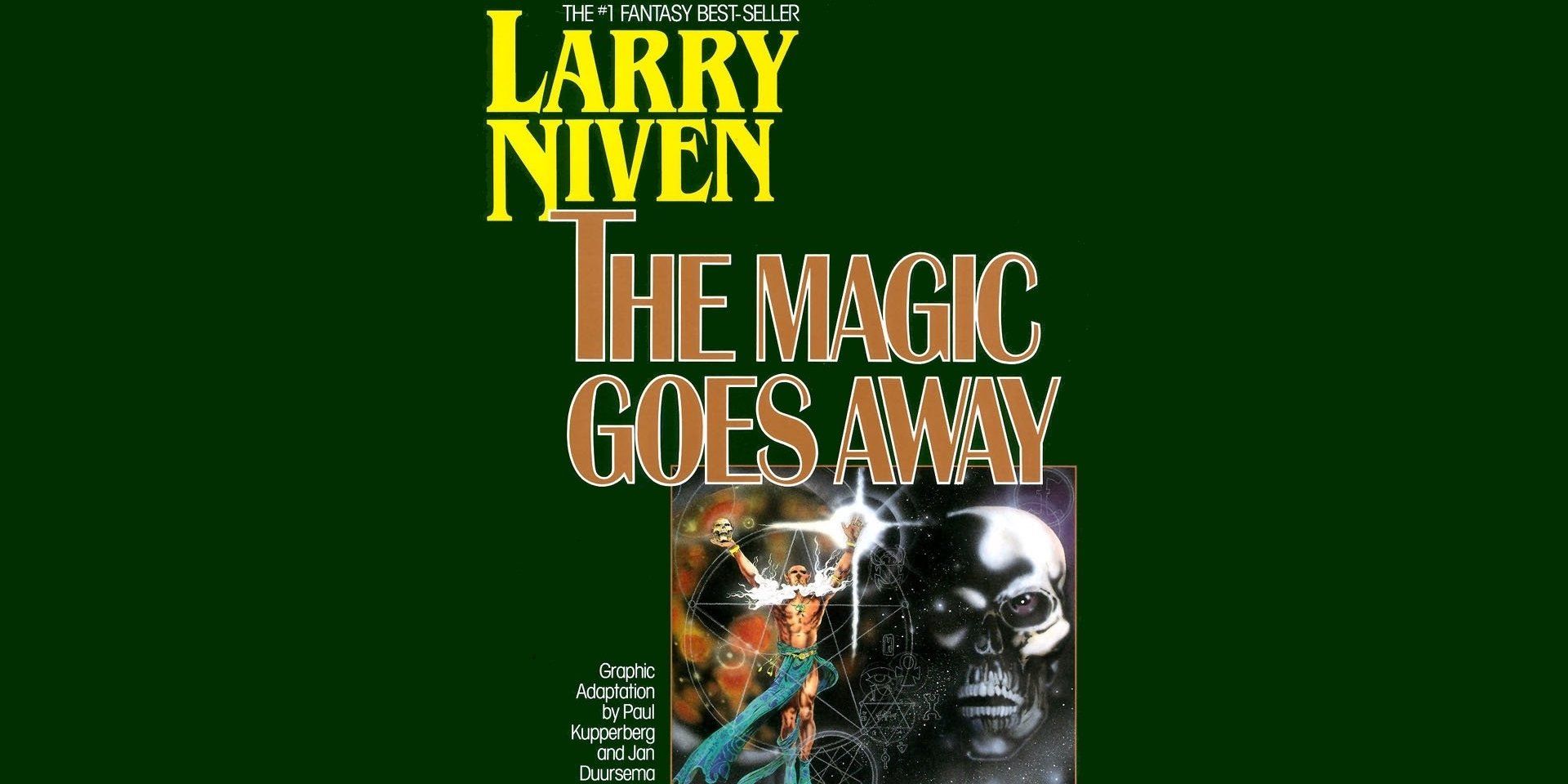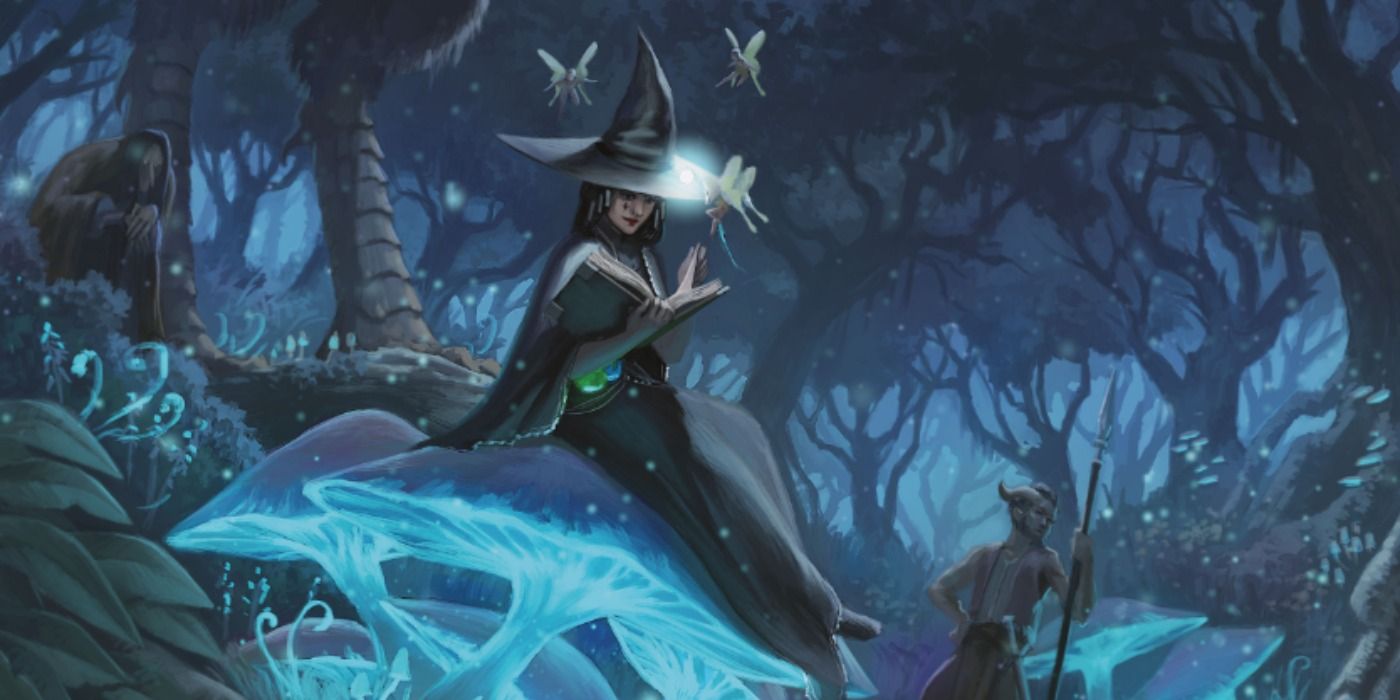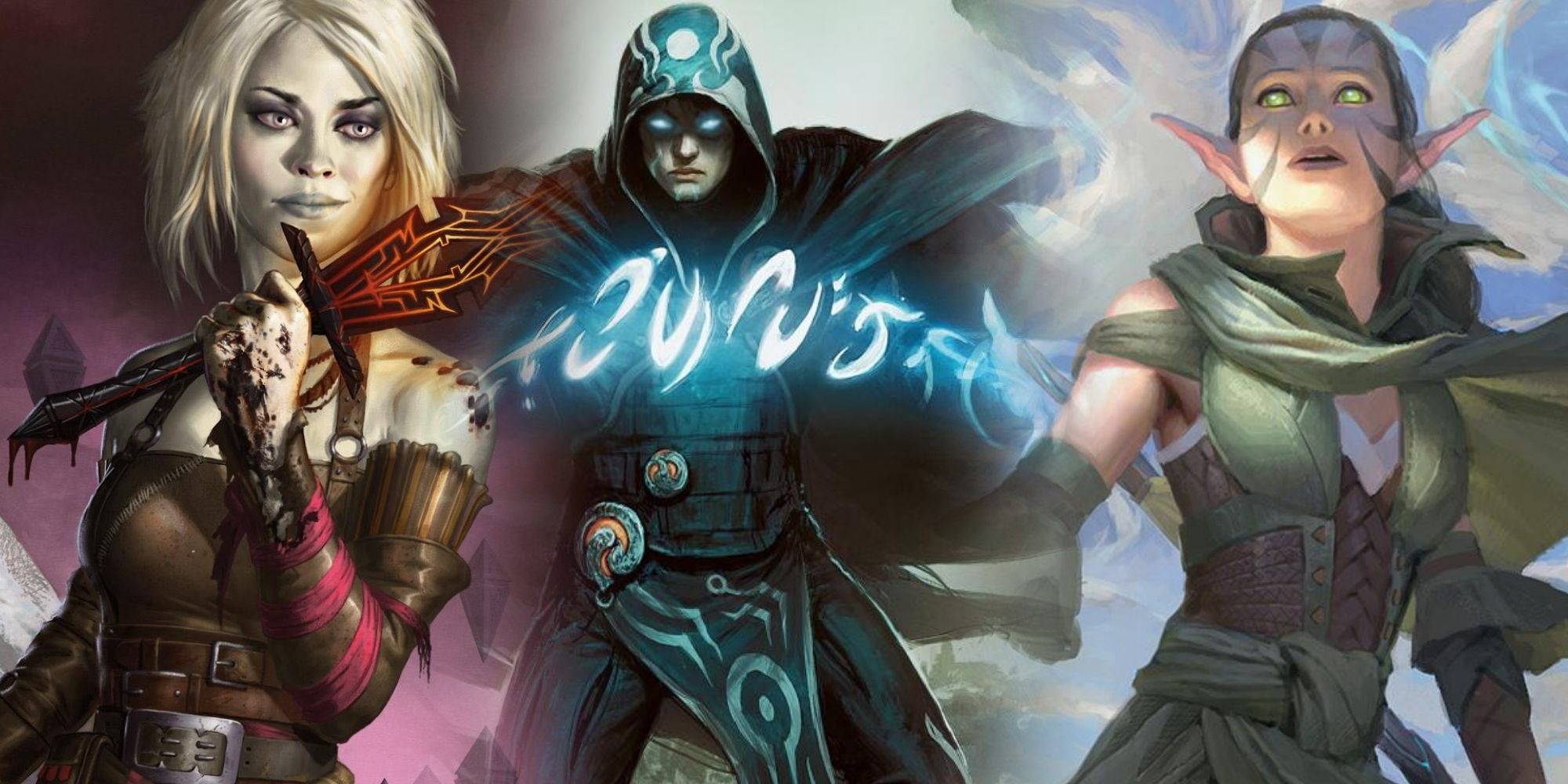Everyone who's played a fantasy RPG in recent years is familiar with Mana – a natural source of spiritual energy (usually colored blue) that mages draw upon to fuel the casting of puissant spells. The term 'Mana', however, has much older origins than fantasy literature. Starting out as a Polynesian/Melanesian term for spiritual/physical power, Mana was adopted by fantasy writers and designers of roleplaying games to explain why wizards and witches could cast spells... and why they couldn't do so indefinitely.
In modern fantasy video games like Final Fantasy or World of Warcraft, Mana is an in-game resource that basically act as fuel for magic. A spell-casting protagonist uses up some of their Mana whenever they cast a spell: the more powerful a spell, the more Mana it costs, and once protagonist runs out of Mana, they need to drink a special potion to restore their spell-casting abilities. The concept of Mana is used so often in fantasy media because it's easy for people to grasp and puts a logical limit on the capacities of magic, keeping it from being used to solve every problem in the story or game. Outside of fantasy media, though, Mana is far more than just the magical equivalent of a battery.
Among Hawaiians, Maori, Tahitians, and other Oceanic cultures, Mana is a spiritual quality, a mixture of life-energy, charisma, good fortune, and reputation. People, places, and locations can all possess Mana, and the cultivation of Mana through battle, righteous actions, and wealth acquisition is an important part of being a leader in many Polynesian/Melanesian societies. In these cultures, Mana is a multi-faceted word that can describe many different aspects of life and proper living... a subtlety early European Anthropologists failed to pick up on when they first learned about this concept. Many identified Mana as a primitive form of religion, a sacred energy akin to "The Force" from Star Wars; others conflated Mana with other, non-Oceanic concepts of spiritual energy such as Qi, Pneuma, Orenda, Zemi, Oki, or Ruach. By the time these sociological theories got discredited as pseudo-science, Mana became a well-known concept among counter-cultural mystics, New Age Gurus, and writers of science-fiction and fantasy.
Larry Niven's "Magic Goes Away" Used Mana As A Metaphor For Peak Oil
In the late 1960s/early 1970s, science fiction writer Larry Niven (the author of Ringworld) took the concept of Mana and made it the core of his The Magic Goes Away fantasy series, a collection of novel and short stories about, well, how the magic went away. In a prehistoric era of impossible creatures and spellcasters, a canny wizard called the Warlock discovers that Magic is a non-renewable resource: each time a spell is cast, Mana is drained from the local landscape, and when all the Mana is exhausted, all the wonders created by magic will vanish from the earth. Niven's stories of ancient civilizations collapsing from the overuse of magic acted as a parable for the energy crisis of the early 1970s, with Mana being a stand-in for fossil fuels.
Tabletop Roleplaying Games Introduced The Concept of "Magic Points"
After the runaway success of Dungeons & Dragons, the world's first tabletop roleplaying game, a number of publishers dipped their own toes into the 1970s fantasy RPG market with titles such as Tunnels and Trolls and RuneQuest. These spin-off RPGs frequently attempted to pare down D&D's complex array of rules into something that gamers could pick up more quickly, and easily – particularly when it came to magic. Instead of having wizard characters prepare and memorize spells ahead of time like in D&D, spellcasters in many of these derivative games would spend 'Power Points', 'Magic Points', or some other metaphysical resource in order to cast spells.
Mana Spread to Video Games (& Card Games Like Magic: The Gathering)
The concept of 'Magic Points' swiftly spread from tabletop RPGs to video game RPGs, with classic 8-bit titles like Ultima III, Dragon Quest and Final Fantasy using the term "MP" to represent the magical energy a fantasy hero could use to cast spells. In some of these early games, the "M" in "MP" stood for Mana, and in the 1993 RPG Secret of Mana, the term "Mana" was used to describe an ancient source of magic the game's antagonists wished to claim for themselves.
The notion of Mana as a colorful, power source for magic truly became ubiquitous after the success of three particular game lines. First there was Magic: the Gathering, the genre-defining collectible card game of dueling wizards, in which players assembled decks of spell/creature cards themed around five different colors of Mana. Then came the Warcraft and Diablo franchises from Blizzard Entertainment, which popularized the now universal mechanic of representing a character's Mana capacity using a blue meter.
For all that Mana is synonymous with magical power these days, Mana in its original context is far more similar to the RPG concepts of Experience Points and Character Levels. In cultures all across the Pacific, people strove to gain Mana through personal excellence, the acquisition of influence, and the performing of great deeds – similar to how gamers in an RPG seek to explore, complete quests, and gain XP from defeating powerful enemies.
Source: The Appendix




